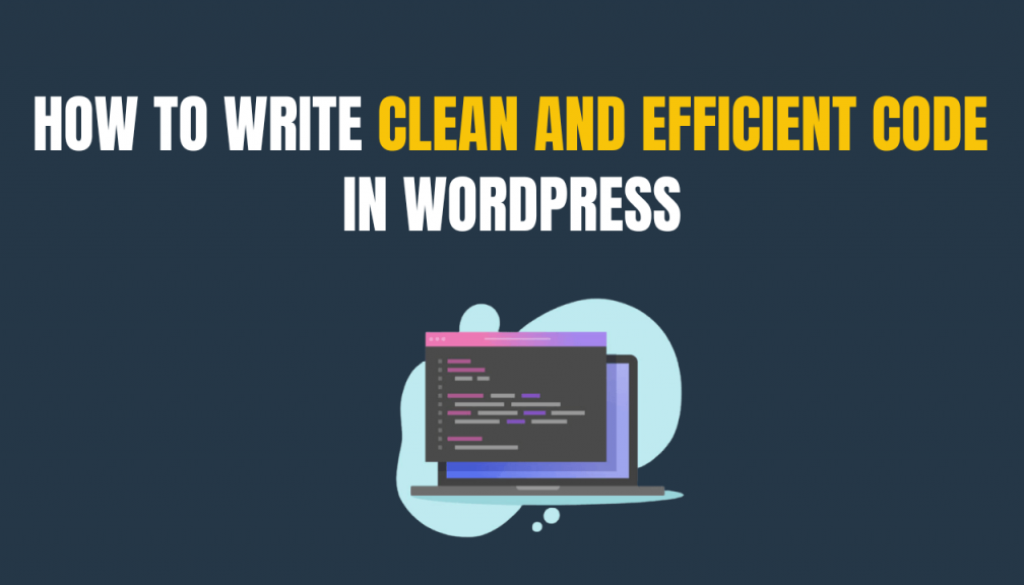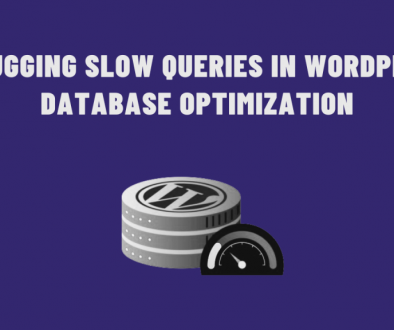How to Write Clean and Efficient Code in WordPress
Writing clean and efficient code is important for any software development project, including WordPress. Good code not only makes your website perform better but also helps maintain the stability and security of your site.
Few Tips to Write Clean and Efficient Code in WordPress:
- Use WordPress Coding Standards: WordPress has established coding standards to ensure consistent and maintainable code. Thus, these standards will make it easier for others to understand and maintain your code.
- Make use of WordPress API: WordPress provides a number of APIs that allow you to interact with the core of the platform. Use these APIs instead of writing custom code, as it can make your code more efficient and secure.
- Minimize the use of Plugins: While plugins are convenient, they can slow down your site and create security vulnerabilities. Minimize their use, and instead opt for custom code when necessary.
- Use Clean and Organized Code: Write clean and organized code that is easy to read and understand. Besides, this includes using proper indentation, comments, and descriptive variable names.
- Use the Latest Version of WordPress: Always use the latest version of WordPress. As it includes the latest bug fixes and performance improvements.
Here is an example of clean and efficient code in WordPress:
<?php
/**
* Enqueue script and styles for the front-end.
*/
function my_theme_enqueue_scripts() {
wp_enqueue_style( ‘my-theme-style’, get_stylesheet_uri() );
wp_enqueue_script( ‘my-theme-script’, get_template_directory_uri() . ‘/js/script.js’, array(), ‘1.0’, true );
}
add_action( ‘wp_enqueue_scripts’, ‘my_theme_enqueue_scripts’ );/**
* Register a custom menu.
*/
function my_theme_register_menu() {
register_nav_menu( ‘primary’, __( ‘Primary Menu’, ‘my-theme’ ) );
}
add_action( ‘init’, ‘my_theme_register_menu’ );?>
In this example, the code follows WordPress coding standards. It makes use of the WordPress API to enqueue script and styles and register a custom menu. The code is clean and organized, with proper indentation and descriptive function names.
By following these tips, you can ensure the stability and performance of your WordPress site.




